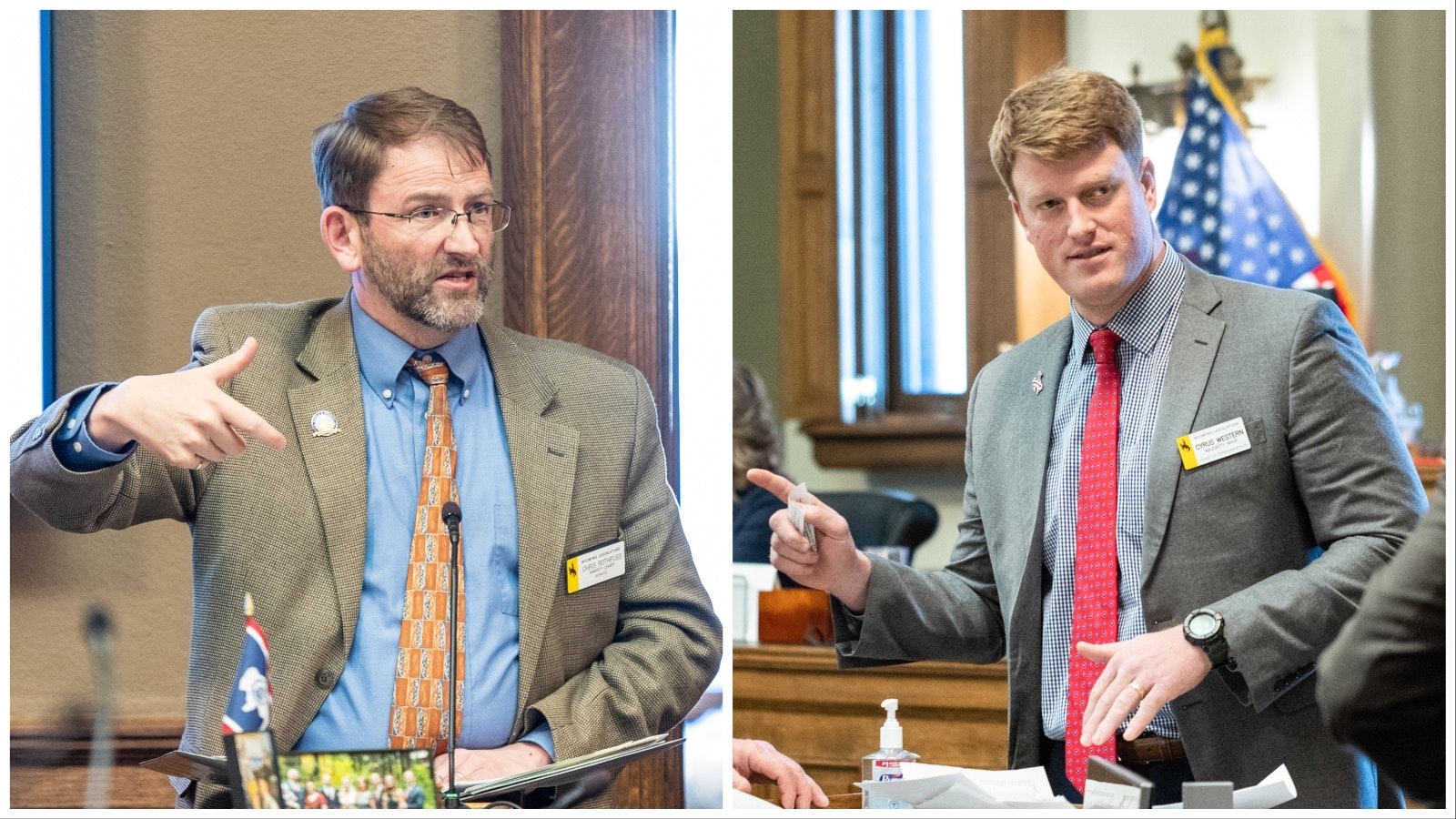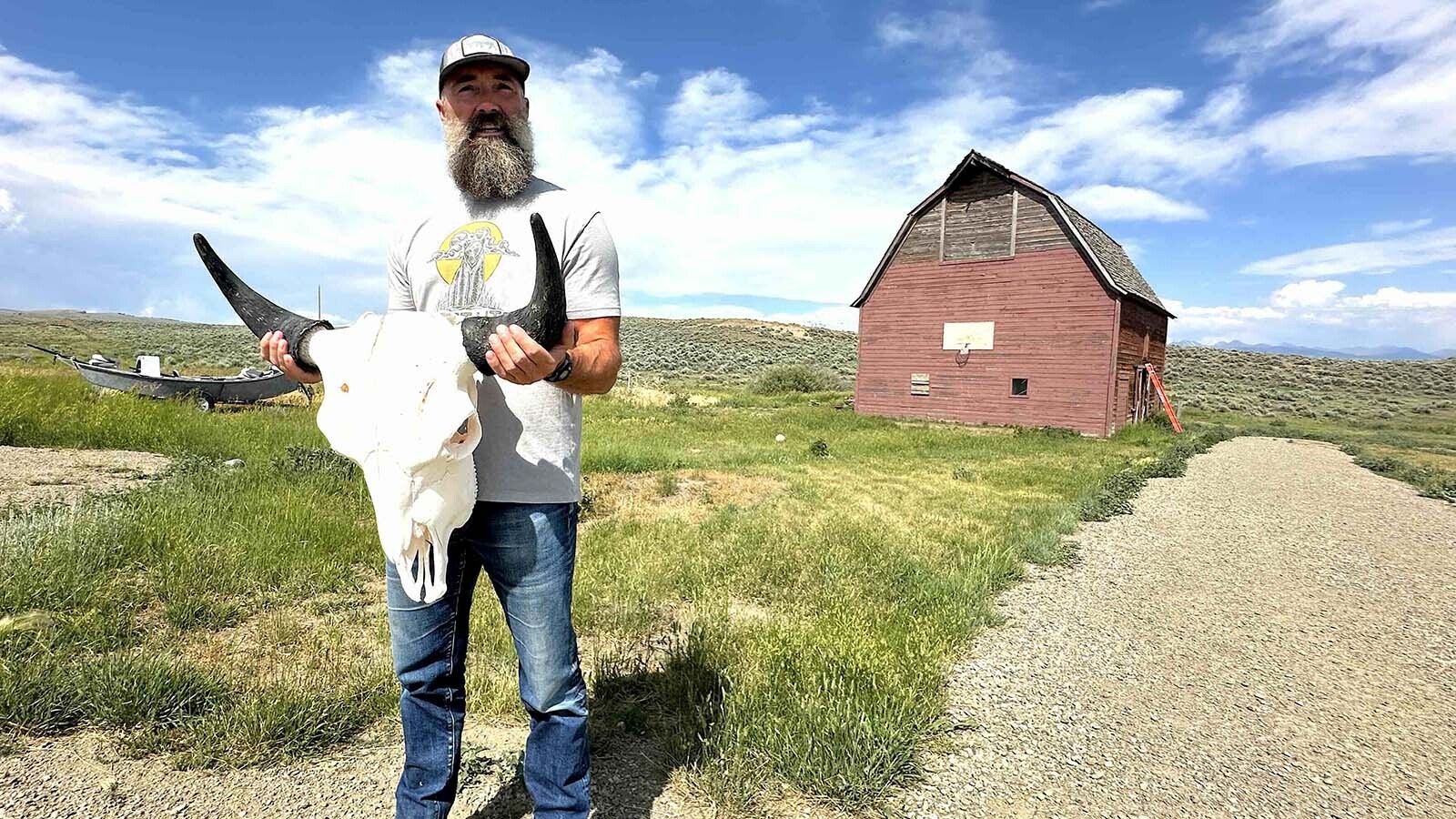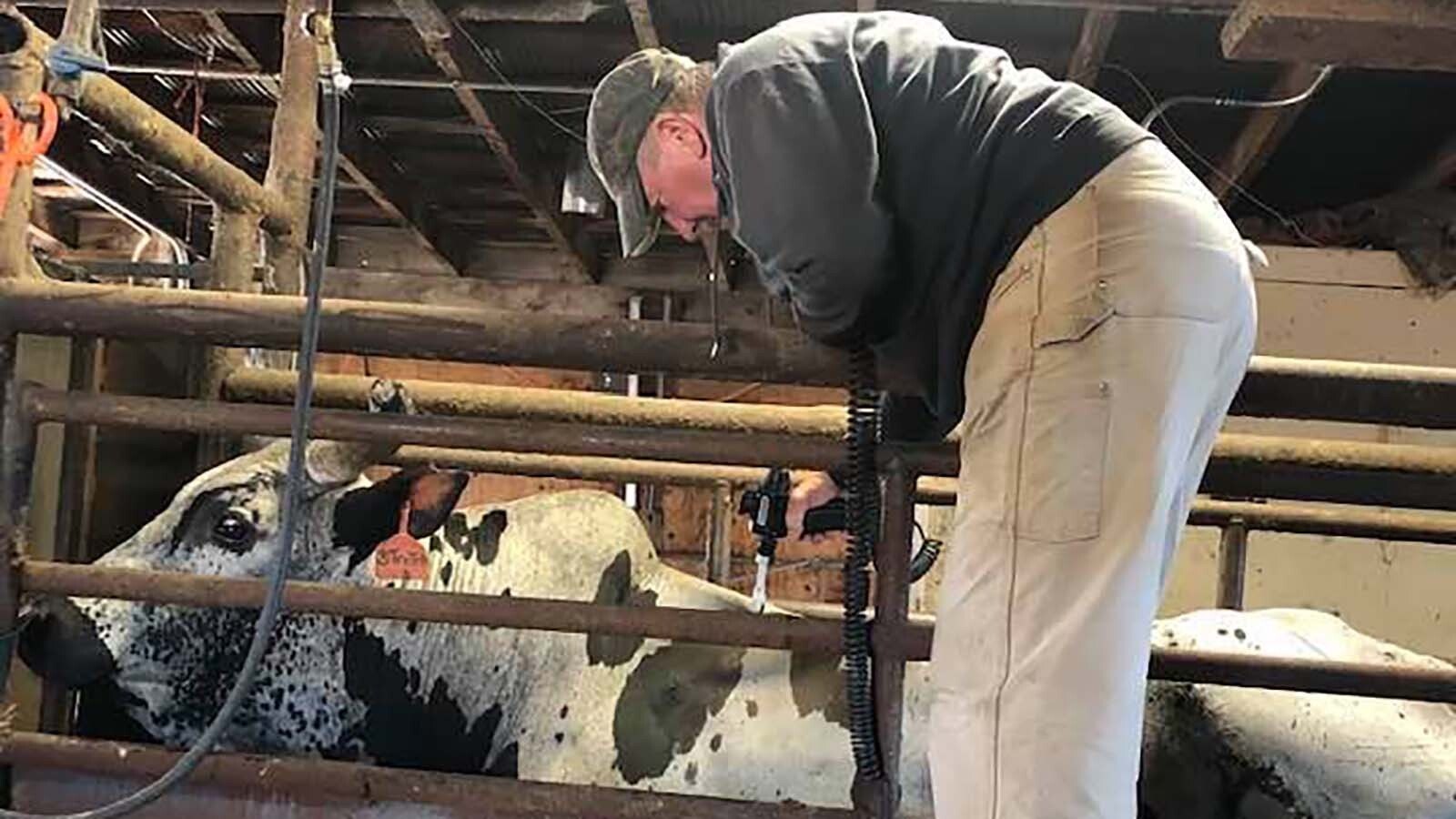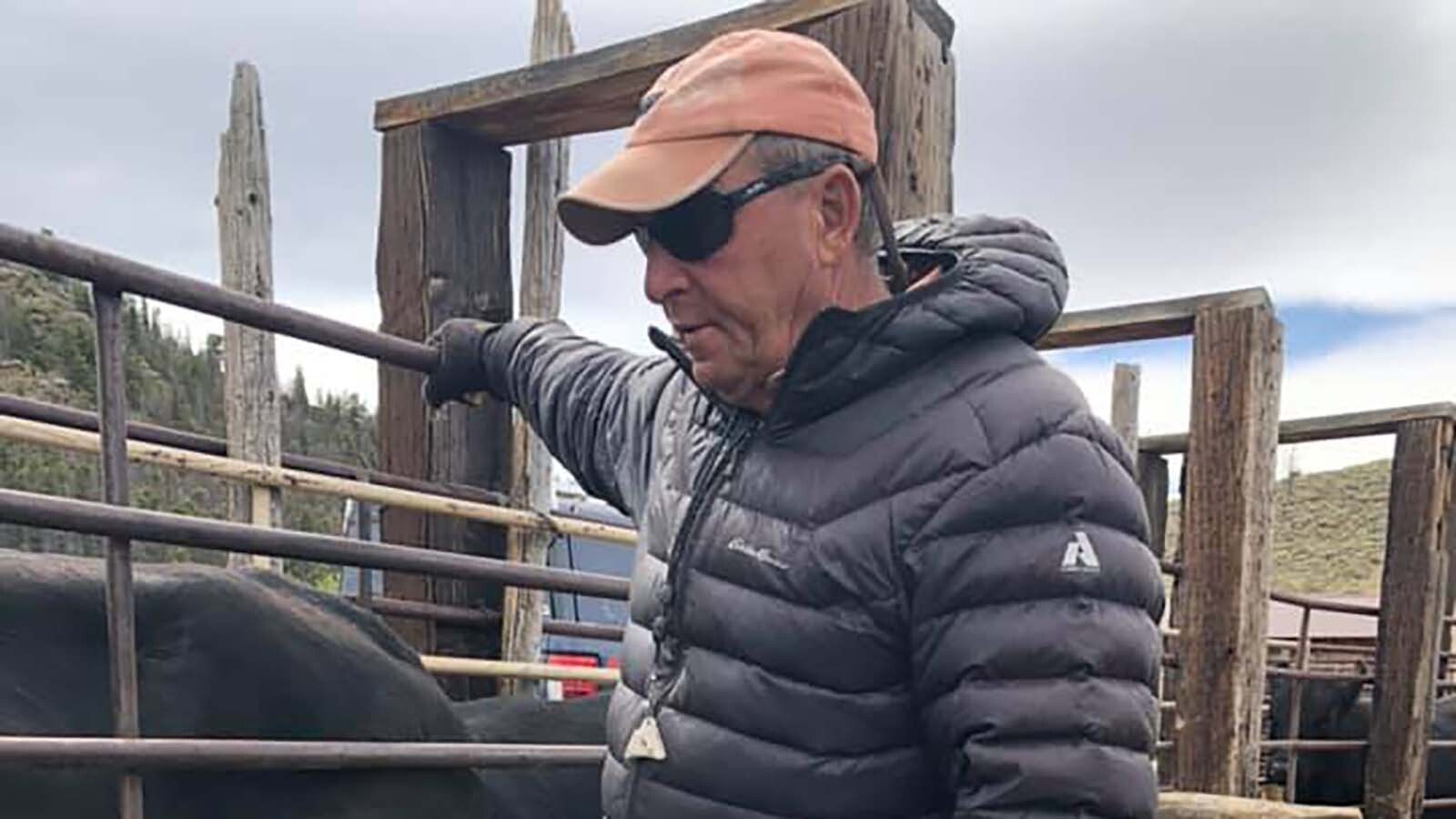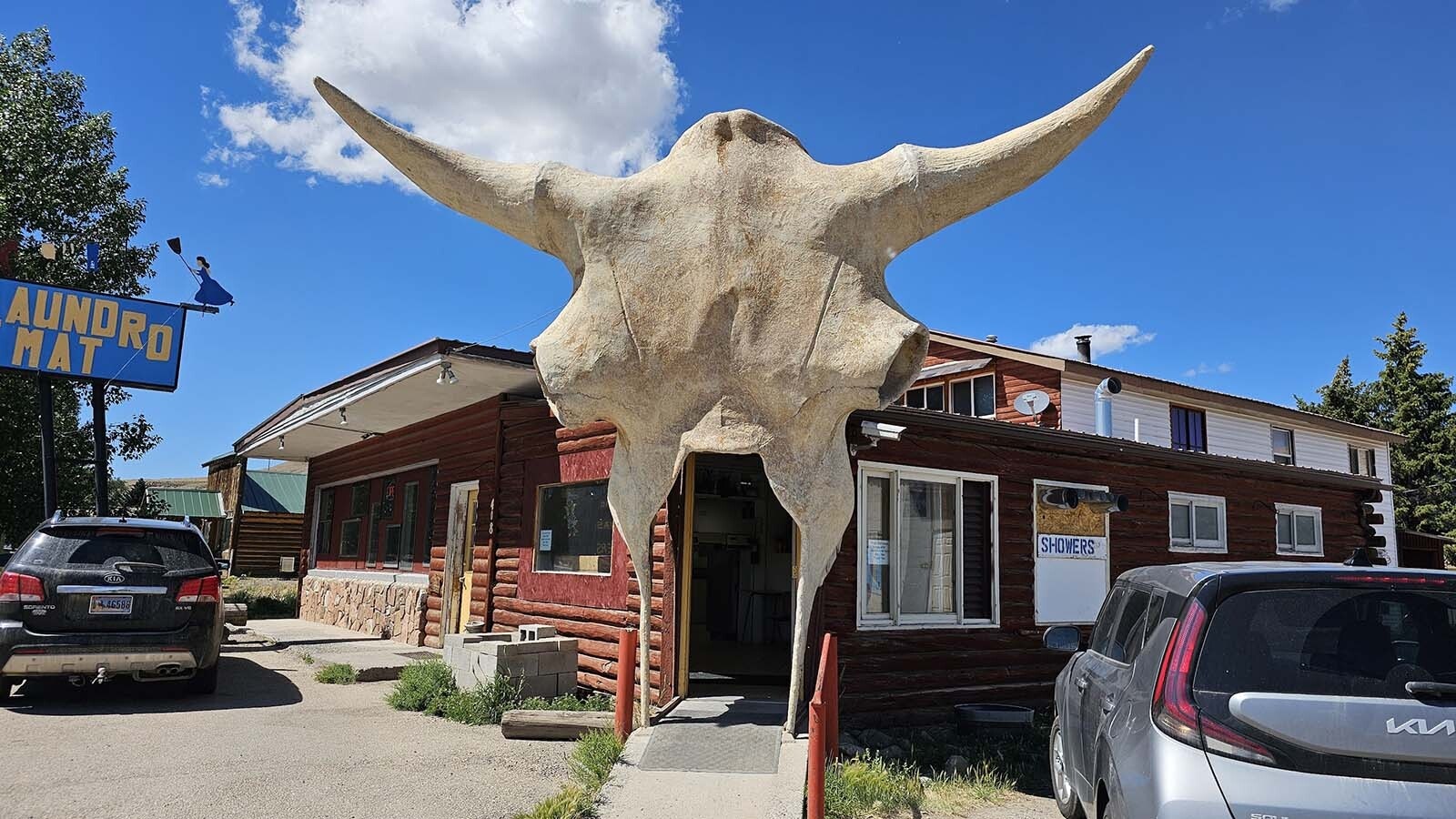A time of disruption and change is a great time to have a crystal ball.
Wyoming lawmakers might get one, at least in a digital sense, thanks to their working relationship with the MIT and Stanford University teams that are on the cutting edge of digital and generative AI.
During a recent two-day meeting of the state Select Blockchain Committee, Dazza Greenwood, who runs the Computational Law Research Group for MIT’s Law Department, mentioned the possibility of creating a challenge that would help simulate the integration of ChatGPT or other generative AI in a Wyoming LLC.
“We would make our code available,” said Greenwood. “And we’d let people use this according to different things that the committee and others may be interested to test.”
That way several scenarios could be set up in a demonstration mode, providing an early look at how ChatGPT might behave in the real business world.
Generative AI is already shaking things up, progressing to the point to the point where large language models like ChatGPT and other programs are spurring lawmakers to get ahead of a rapidly accelerating and highly disruptive space. An example discussed at the recent committee meeting is a team from Chicago-Kent College of Law using ChatGPT4 to take — and pass — the bar exam.
“We’d make all those (simulations) available back to the Select Committee before your next hearing in September to begin to get a little bit more traction and understanding of how this technology could play out in an example, and maybe have a better, informed basis to consider what legislation may be appropriate or needed at this point,” Greenwood said.
Continuing Work Begun Five Years Ago
Greenwood is one of the experts who helped Wyoming put together its legislation for decentralized autonomous organizations, or DAOs. Under Wyoming’s law, those are now a type of LLC.
The Select Committee on Blockchain’s partnership with MIT, Stanford and other experts came about because Wyoming was ready for it, Sen. Chris Rothfuss told Cowboy State Daily.
“(That’s) one of the interesting and enabling aspects of being a first mover in this space is that we get to hear from the incredible folks that participate in our meeting because they’re looking for partners to work with,” Rothfuss said. “And we really value that expertise.”
Greenwood has been working with the Cowboy State on all of these emerging tech issues for the past five years, including topics like digital identities, digital banks and DAOs.
The latter was put together with the idea in mind that they could one day be algorithmic or code-managed by generative AI. That would enable them to take care of tasks that are sheer drudgery that no one really wants to do anyway. But it could also allow them to make routine decisions as well, particularly where there are clearcut “if-this, then-that” variables.
A tabletop could really dig into what functions of a corporation could be managed that way, as well as how should laws be structured to protect the public from anyone using AI with nefarious intent.
“We’re trying to, you know, have our finger on the pulse of those technologies and then look at the landscape of what’s emerging and look at what good governance might look like,” Rothfuss said. “What regulation is necessary? What helps to enable the positive development of those technologies?”
With laws in place to protect consumers, innovators would have something that’s very attractive and could bring more business to Wyoming. It would be a safe “sandbox” that could enable new applications from those wanting to develop applications in an ethical, law-abiding manner.
One Legal Option Might Be Licensure
Among some of the early ideas for regulating in this space is one very similar to something that was suggested recently by Sam Altman, CEO of OpenAi, Rep. Cyrus Western, R-Big Horn, told Cowboy State Daily.
“If you’re a money transmitter in the state of Wyoming, you have to get a money transmitter license, right?” Western said. “Similar kind of concept is doing that same type of thing for some of these large language models and these AI companies. If you want to serve customers, you’d apply for an operation license in the state of Wyoming.”
It’s an idea that needs more discussion by the Select Committee, Western said, but he sees it as one possible approach that would be readily adaptable to rapid change. Guardrails on the license could be readily updated through the legislative process as situations evolve.
“AI is evolving so quickly and swiftly,” Western said. “It’s hard to hit a moving target. But because of the significance and how consequential this is shaping up to be, having some type of regulation in place is a good idea. And I guess the one that technology makes the most sense as of now is having some type of operational licensure.”
Because things are changing so quickly, Western added he would not deem it a failure if the Select Committee doesn’t identify draft legislation it wants to get behind for the next session after all.
“Part of this is just educating ourselves on the issues, and really getting brought up to speed,” he said.
Up Against The Fed
Rapid change and complexity are not Wyoming’s biggest obstacles in this space right now. That turns out to be the federal government itself.
For example, the Federal Reserve recently denied one of Wyoming’s earliest digital asset banks a master reserve account, despite lawmakers spending hours and more than 100 meetings working with the Federal Reserve to set up well-vetted guardrails on Special Purpose Deposit Institutions.
Not only did the Federal Reserve block Wyoming-based Custodia Bank, it wrote an 86-page document that appeared to stake out a largely antagonistic position on cryptocurrencies and digital assets in general. The language got the attention of Wyoming’s attorney general, who filed a motion to intercede in the case to defend the state’s rights and the state’s banking charter.
The SEC, meanwhile, has been serving notices on cryptocurrency and decentralized autonomous organizations, to the point many of them are talking about moving operations overseas to a place like Europe, which is working on a regulatory framework.
Rothfuss said the lack of “bright line guidance” for businesses that are trying to lawfully innovate in this space has been tremendously disappointing.
“What we have really worked to achieve in Wyoming to provide regulatory clarity to enable technologies,” he said. “The SEC does not seem interested in working that way. The SEC wants to obfuscate and make things difficult and not answer direct questions and work through actions and responses, and it’s just not a healthy way to run a regulatory agency.”
Despite that, Rothfuss and Western remain hopeful. The right regulatory framework could still help the Cowboy State diversify its economy in this space for decades to come.

